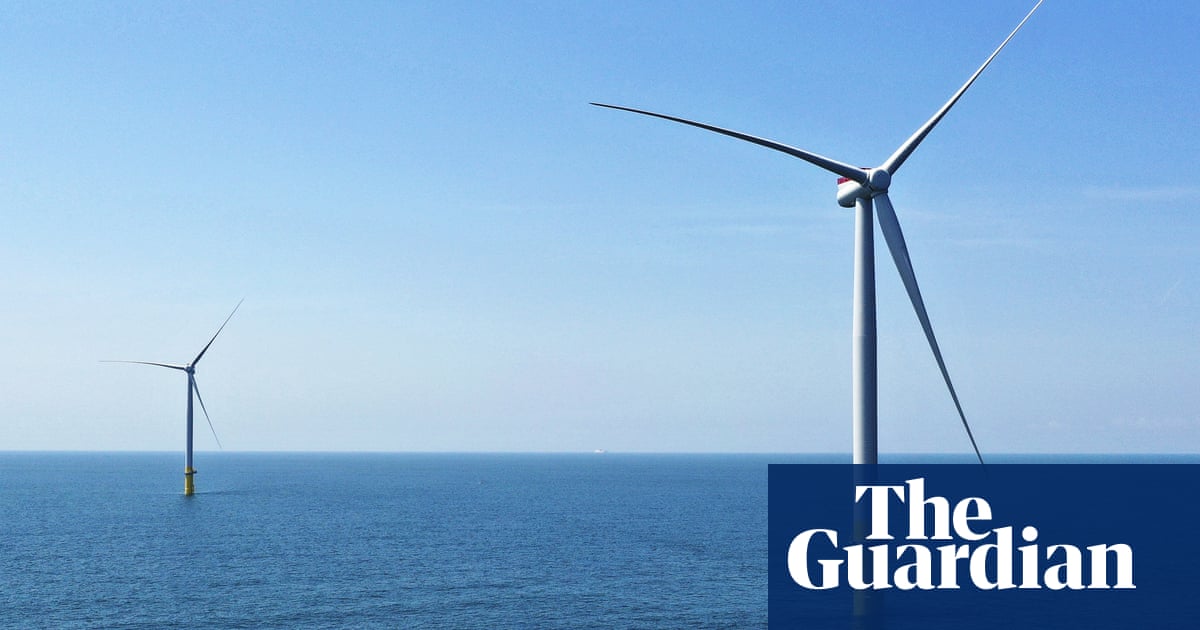Norway’s state energy company may take Donald Trump’s administration to court after it ordered an “unprecedented” halt to a $2.5bn (£1.87bn) windfarm project off the coast of New York.
Equinor is considering its legal options after the US interior secretary, Doug Burgum, ordered the energy company to “immediately halt all construction activities” on an offshore windfarm last month.
Equinor is understood to have spent almost $2bn on the Empire windfarm project, which is almost a third complete and was expected to power the equivalent of 500,000 US homes once operating in 2027.
Anders Opedal, the chief executive of Equinor, said: “We have invested in Empire Wind after obtaining all necessary approvals, and the order to halt work now is unprecedented and in our view unlawful.
“We seek to engage directly with the US administration to clarify the matter and are considering our legal options.”
The energy company, which is majority owned by the Norwegian government, has a 35-year history developing energy projects in the US. It estimates that it has invested more than $60bn in US oil, gas and renewables projects.
The Empire project was approved under the Biden administration in 2023 as part of a major package of support from the former US president to accelerate plans to decarbonise the power grid and cut carbon emissions.
However, president Trump on his first day back in office in January ordered a review of offshore wind permitting and leasing, accusing the previous administration of a rushed and insufficient analysis of the plans
The review was seen as a blow to theburgeoning industryand wiped billions from the market value of Equinor as well as the Danish offshore wind company Ørsted, which also planned to build in US waters.
Within months of opening the review the administration issued an order for Equinorto halt construction of the project, which began last year and employs about 1,500 workers.
The stop-work order came as a shock to many industry commentators who had believed that projects that had already secured their approvals would be safe from Trump’s industry review.
Sign up toBusiness Today
Get set for the working day – we'll point you to all the business news and analysis you need every morning
after newsletter promotion
In total there are four offshore wind projects under development off the US coast. In addition to the Empire project, Ørsted plans to build the Sunrise Wind project off the coast of New York and the Revolution Wind project off Rhode Island.
In addition, the US energy company DominionEnergyis planning a windfarm off the Virginia coast.
The New York state energy authority said the decision was fuelled by “a shortsighted, political agenda”. Vincent Alvarez, the president of the New York City Central Labor Council, said: “The reckless and overreaching move to halt construction that is already under way on Empire Wind threatens thousands of good union jobs and jeopardises the progressNew Yorkhas made toward cleaner, more affordable energy.”
